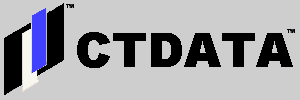Google News Sports Coverage Seems Skewed Toward Sports Popular in USA
Dave Aiello wrote, "I've been looking at Google News rather closely since the announcement of its production release earlier this week. One thing I've noticed is that Google News' Sports section is not as internationally diverse as its regular news coverage."
"Right now, professional road cycling is focused on the Vuelta a Espana (Tour of Spain), that is ending in Madrid this weekend. The stage race has been on for three weeks, it's very close at the moment, and there is a large niche audience for this event. Yet, coverage of it can't be found on Google News Sports."
"The omission could be due to the fact that their software isn't looking at sites like CyclingNews and VeloNews. I also wonder if they're looking at mainstream European sports news sites like Eurosport."
